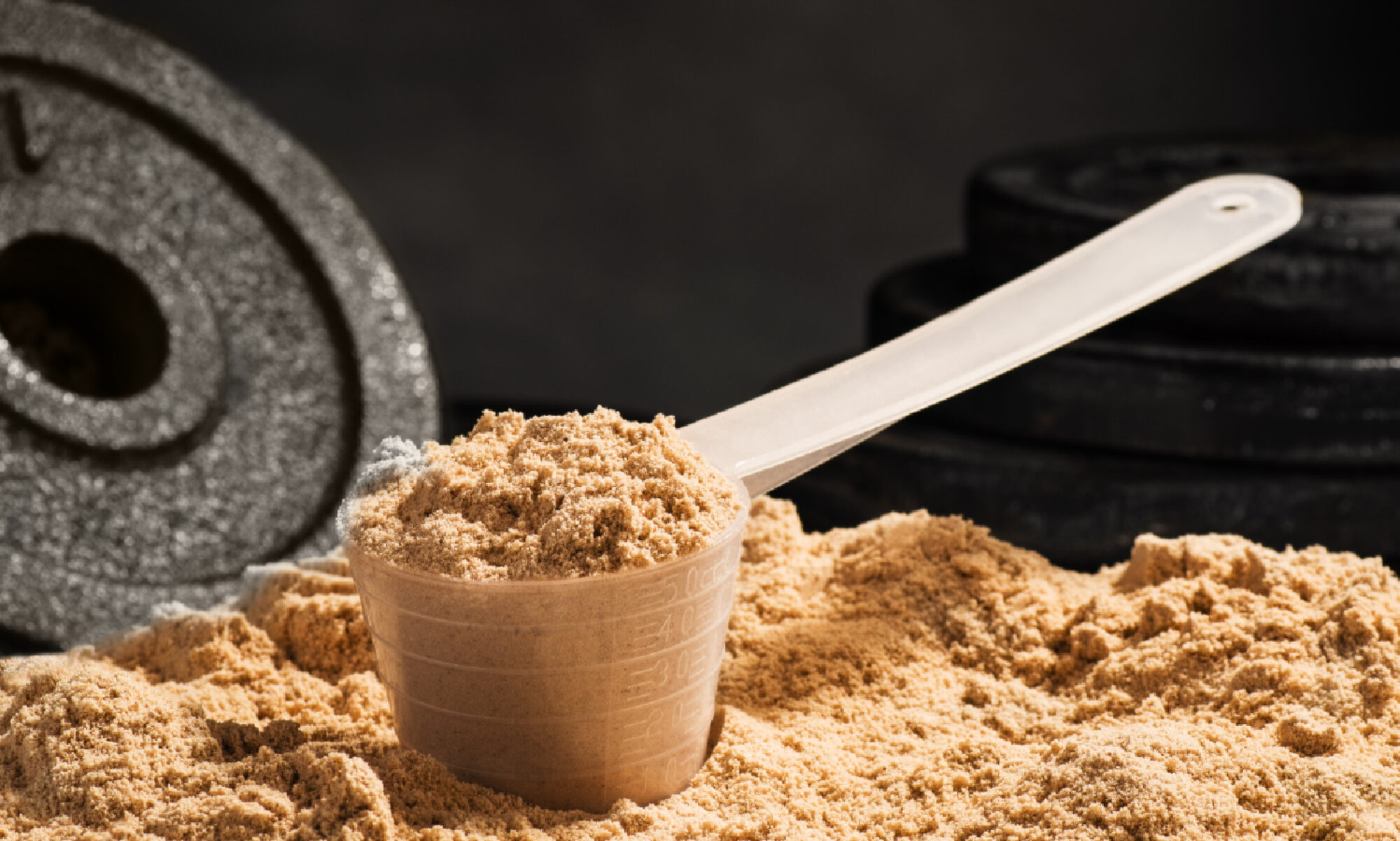Understanding Protein: A Vital Nutrient
Protein is one of the three macronutrients essential for human health, along with carbohydrates and fats. Composed of long chains of amino acids, it plays a crucial role in various physiological functions within the body. As individuals age, the importance of protein becomes even more pronounced, given its vital contributions to muscle repair, immune functionality, and hormone production. The human body utilizes protein to build and repair tissues, support metabolic processes, and create enzymes necessary for digestion and energy transfer.
Among the numerous functions of protein, muscle repair is particularly significant, especially for individuals engaged in regular physical activity. After exercise, protein synthesis takes place, which helps in the recovery and growth of muscles. This aspect is crucial for both active and sedentary individuals, as maintaining muscle mass can influence overall health and metabolism. Additionally, proteins are integral in the functioning of the immune system, providing antibodies that help defend against pathogens. They also contribute to hormone production, regulating various bodily functions ranging from growth to metabolism.
Recommended daily protein intake varies depending on an individual’s activity level, age, and specific health requirements. Generally, adults are advised to consume approximately 0.8 grams of protein per kilogram of body weight, which slightly increases for those who are physically active. Insufficient protein intake can lead to a multitude of health issues such as muscle wasting, weakened immune response, and hormonal imbalances. Therefore, ensuring adequate protein is essential for sustained well-being. While protein supplements are widely available and consumed, obtaining protein from whole food sources is highly encouraged. Sources such as lean meats, fish, eggs, dairy, legumes, nuts, and seeds not only provide protein but also offer additional vital nutrients that support overall health and wellness. Optimal nutrition is best achieved through a balanced diet rich in whole foods.
Protein Needs Across Different Age Groups and Lifestyles
Protein is a fundamental macronutrient that plays a critical role in various bodily functions across all stages of life. As individuals age and their lifestyles evolve, their protein requirements can fluctuate significantly. Understanding these needs is essential for promoting optimal health and well-being.
For children and adolescents, protein is vital for growth and development. These active age groups require higher protein intake compared to their sedentary counterparts to support ongoing muscle development, biological functions, and the regular demands of physical activity. The recommended dietary allowance (RDA) suggests that children aged 1-3 should consume around 13 grams of protein per day, while adolescents need between 34 to 52 grams, depending on gender and activity level.
As individuals transition into adulthood and engage in more structured physical activity or sports, protein needs typically rise further. Athletes, particularly those involved in endurance or strength training, often require upwards of 1.2 to 2.0 grams of protein per kilogram of body weight daily. This increased intake aids in muscle recovery, performance enhancement, and overall athletic endurance.
On the other hand, sedentary adults have lower protein requirements but should still aim for a balanced intake to maintain muscle mass and overall health. As people age, especially those over 65, their protein needs become critical to counteract age-related muscle loss, known as sarcopenia. Research suggests that older adults should aim for about 1.0 to 1.2 grams of protein per kilogram of body weight to preserve muscle strength and functional independence.
Various factors, such as muscle mass, activity levels, and age-related physiological changes, influence protein requirements throughout life. Tailoring protein intake to suit individual needs is essential for everyone, irrespective of their lifestyle, to ensure the long-term benefits of health and vitality. Meeting these protein needs can contribute significantly to maintaining an active lifestyle, robust health, and effective aging.
The Benefits of Protein Powder: A Convenient Solution
In today’s fast-paced world, maintaining adequate protein intake can be a challenge, especially for individuals leading active or busy sedentary lifestyles. This is where protein powders, particularly Gold Standard Whey Protein from Optimum Nutrition, come into play as a convenient solution to meet dietary protein requirements. Protein powder serves as an effective supplement that can help bridge the gap for those who may struggle to consume enough protein through regular meals alone.
Gold Standard Whey Protein stands out due to its high-quality formulation that effectively supports muscle recovery and growth. This whey protein supplement is easily digestible and offers a complete amino acid profile, making it suitable for individuals engaged in various forms of physical activity ranging from casual workouts to more intensive training. Moreover, it provides a quick and straightforward way to incorporate protein into one’s daily routine, especially for those on-the-go.
One of the notable advantages of protein powder is its versatility in usage. It can be blended into smoothies, mixed with water or milk, and incorporated into various recipes, thus increasing meal variety while meeting protein needs. Additionally, for those who may face difficulty in achieving their protein targets through food alone due to dietary restrictions or busy schedules, protein supplements present a suitable alternative.
While prioritizing natural food sources is essential, protein powder acts as an excellent adjunct to enhance overall nutritional intake. It is important to consider that these supplements should not replace whole foods but rather complement them. Individuals should aim to adopt a balanced approach, combining protein powders with nutritious meals to support their individual health and fitness goals effectively.
Continue reading “The Essential Role of Protein for Active and Sedentary Lifestyles”
